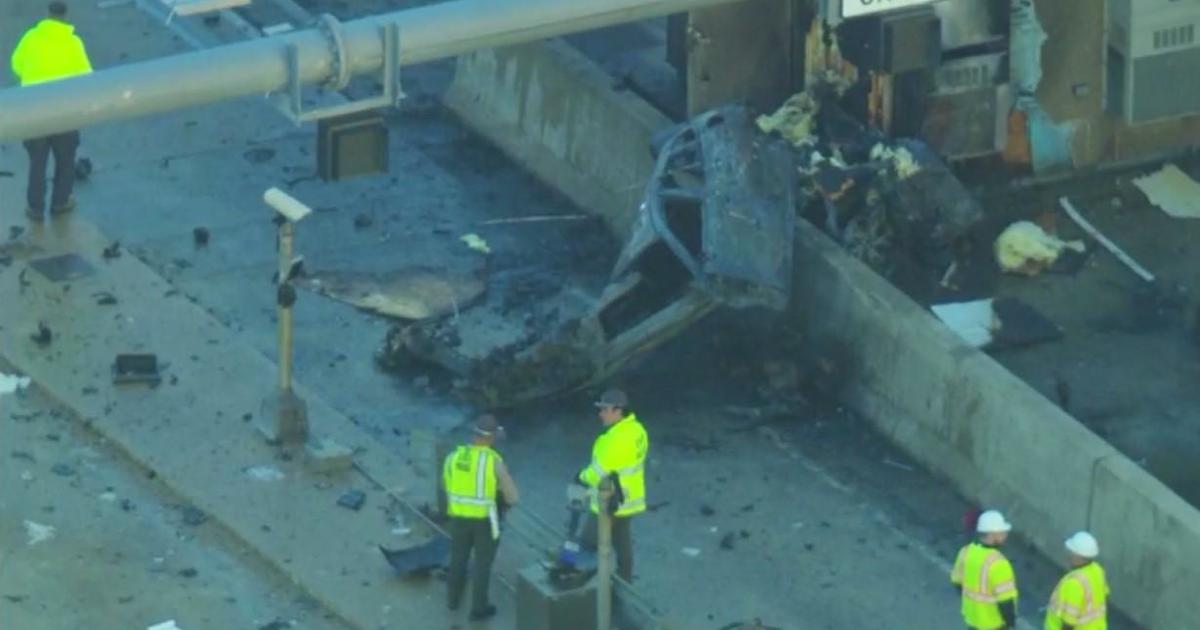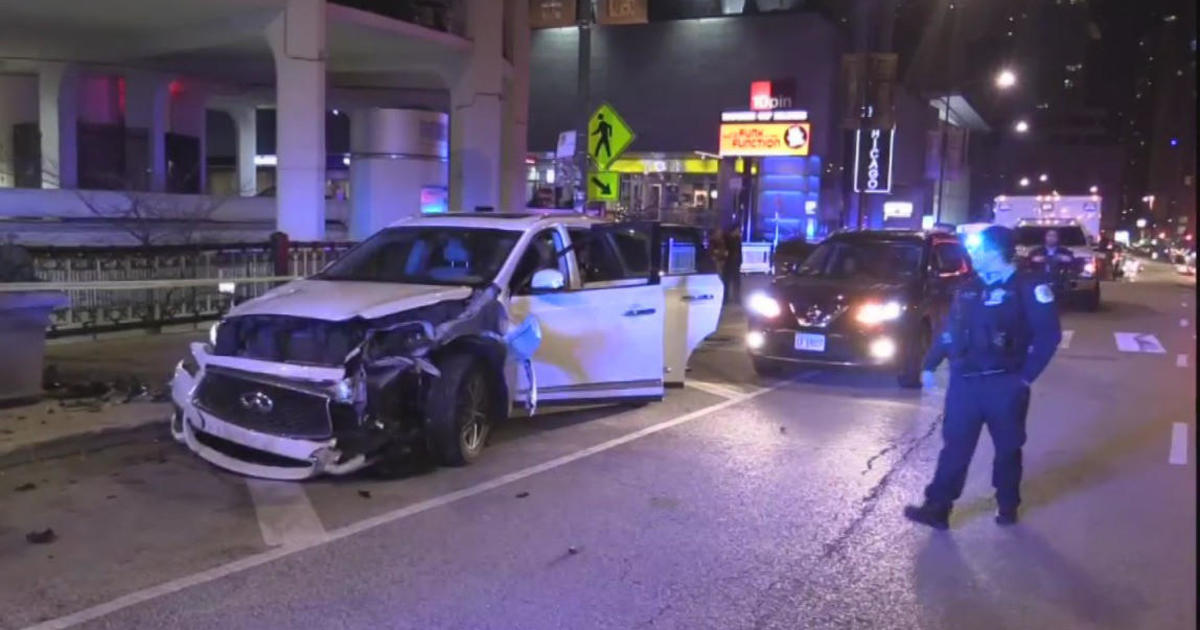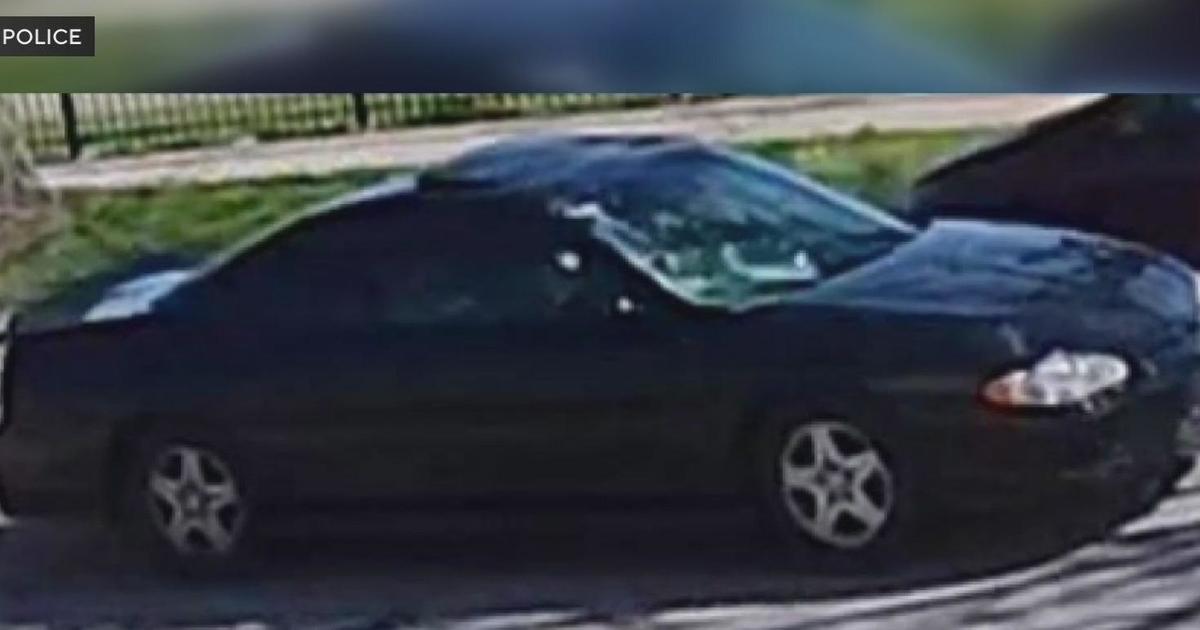2 Investigators: Drowsy Truck Drivers At The Wheel?
CHICAGO (CBS) -- It's a familiar scene: the lights of a police squad car at an accident scene on I-80.
Jeanette Pivot, 64, had stopped her car to avoid it. Behind her a truck approached. Inside, a camera was recording the truck driver and that video now raises the question: Did he fall asleep?
Pivot was killed in the crash, prompting her daughter Nikki Kaderly to file a wrongful death lawsuit against driver Rigoberto Vazquez and his employer Black Horse Carriers.
"I just can't imagine what she went through in those final moments," Kaderly said.
With the drive cam system, the camera on the windshield is focused on the road and on the trucker.
When the trucker breaks hard (brake noise) it saves a recording of what happened before and after the event.
CBS 2's Pam Zekman looked at the video with Kaderly's attorney Greg Coplan.
"It appears that he's falling asleep. His eyes are, his eyelids are heavy. his head is nodding. That's obvious signs of sleepiness, of fatigue," Coplan said.
"A second and a half before impact his eyes look closed to me."
Vazquez is now charged with reckless homicide in an indictment that alleges he "fell asleep while driving."
But Vazquez's attorneys say the video tape will exonerate him.
They say Vazquez was blinded by the lights of a squad car and pickup truck that had stopped near the first accident 450 feet ahead of Pivot's car and the videotape shows he began to slow down.
"It doesn't show he was dozing off," said Fred Morelli. "It doesn't show he was asleep. It shows he reacted before the impact."
The National Transportation Safety Board has repeatedly recommended that the Federal Motor Carrier Administration (FMCSA) require all heavy commercial vehicles to be equipped with cameras. But the NTSB says the FMCSA response has been "unacceptable."
A spokesman for the FMCSA says that while the technology may be of assistance in documenting the events leading up to a crash, currently there is "insufficient information…regarding its benefits in preventing crashes."
A May 2014 Virginia Tech Transportation Institute evaluation of drive-cam found that on average 39,066 injuries could potentially be prevented and 801 lives saved every year if cameras were installed in busses and trucks.
The evaluation cites federal studies that have found carriers who show drivers videotapes of their
risky driving habits as part of a training intervention, have reduced the number of severe safety incidents
by up to 59 percent.
"The cameras are also proving valuable because sometimes they are proving the truck driver was not at fault when there was a crash involving another vehicle," says Matt Hart, Executive Director of the Illinois Trucking Association.
As for the Vazquez video.
"It makes me mad," said Nikki Kaderly, "That six second lack of judgment has changed my life, my family's life forever."



